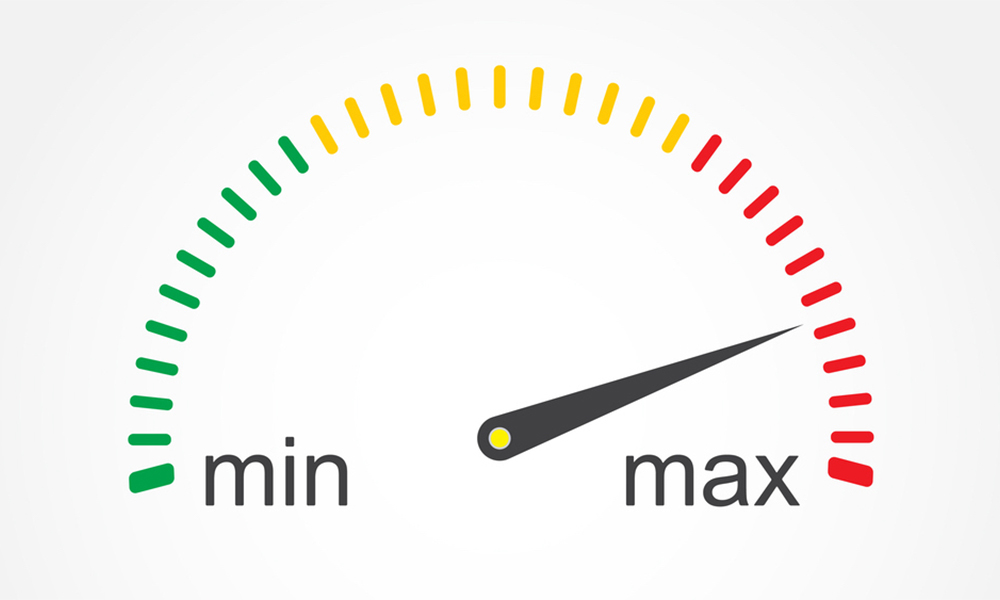How would you describe your relationships with your colleagues? Friendly and positive? Neutral? Difficult and unpleasant?
Be it good or bad, you probably treat your relationship with any given colleague as a given. If you’re friends, you assume you’ll always be on the same side. If you don’t get along, you write off the person. As it turns out though, relationships between colleagues are surprisingly fluid.
It doesn’t take dramatic developments or grand gestures to change these equations – small, everyday interactions have a huge impact. And every day, you have lots of opportunities to impact your relationships.
So, this week, my message focuses on the potential of micromoves – little acts that can shift your work relationships – either in a positive or negative way.
In their Harvard Business Review article, The Little Things That Affect Our Work Relationships,
Kerry Roberts Gibson and Beth Schinoff sum up the power of micro-moves beautifully:
Micromoves are like the steps that characterize a dance. You take a step, and then your coworker takes a step. Each step, or micromove, can change the direction of the relationship. A small act of gratitude or compassion — like saying “thank you” when someone holds a door open or being understanding when someone is late for a meeting — can bring people together and help build long-term trust.
Gibson and Schinoff offer a few examples of micromoves that could act as turning points:
- You have a difficult relationship with a colleague. You learn that her father recently passed away. You make it a point to stop by her desk and offer your condolences. The colleague sees the conversation as an olive branch. Later that week she offers to help you on a project.
- At lunchtime, you and a couple of colleagues decide to go out to lunch. You debate asking your only other teammate to join, but decide against it because the others invited you. When you get back to the office, you notice your teammate looks mad. As he leaves for the day, he tells you that he didn’t proofread a report that you need to send first thing in the morning.
Small actions such as this have the potential to shift a relationship from bad to good – or vice-versa. According to one study, micromoves go a long way towards creating positive regard at the workplace and helping employees thrive together. Here are four insights to help you harness the power of micro-moves at the workplace:
1. Each relationship is different
One colleague might appreciate your offer to help with their project, but another might view it as a passive-aggressive move. The more you know about your co-worker, the better you can predict their responses and tailor your micromoves (although never with 100% accuracy). If you’re still getting to know the person in question, Gibson and Schinoff offer the following advice:
Before you make a micromove, ask yourself how you would react were you on the receiving end. Then, after the move, gauge your colleague’s response and consider whether it matches your expectations. If it doesn’t, be ready to follow up with additional micromoves.
2. Investigate your behaviour
If a work relationship has recently soured and you don’t know why, look at it from the other person’s point of view. Did you unintentionally do something that could be perceived as hurtful or offensive? If you can’t figure it out, try asking them directly: “I feel like something is bothering you. Is it something I did?” This, in itself, is a micromove in the right direction. It shows your colleague that you’ve noticed they’re upset and want to resolve the situation.
3. Objectivity reveals the right path
Sometimes, we get so caught up with our own version of events that we lose perspective. Switching our vantage point can help us see the situation and our own behaviour more clearly. Gibson and Schinoff recommend asking the following questions to gain insight and identify the right micromoves:
- How would an objective outsider narrate the story of your work relationship? What are its merits and challenges?
- How would an outsider describe your role in the situation? Is your behavior bringing you closer to your colleague or pushing the colleague away?
- What advice would you give someone else in your situation? Are there specific moves you would recommend or advise against?
4. Lead with small gestures
Yes, leadership is about the big picture, crucial milestones and game-changing moves. At the same time, it should also be about the little things. In his article for Forbes, Make The Coffee: Small Gestures Go A Long Way At Work, Darren Shimkus, General Manager of Udemy for Business, explains that micromoves from leaders can set the right tone for everyone else – be it setting up the conference room for a client meeting, or taking the time to ask people about their day. When leaders refuse to do these small yet important things, they’re essentially saying, “My time is more valuable than yours”, thus creating a culture of selfishness at the workplace.
When his team moved into a new office space, Shimkus went from door to door with a can of oil, spraying the squeaky hinges. He now keeps the oil can on his desk to send a message: if you see a problem, fix it. No task is beneath you if it makes life better for your co-workers. In Shimkus’ words:
We’re all moving fast and have calendars packed with meetings. It would be easy to focus only on our direct responsibilities. If everyone thought that way, however, the office would be a pretty miserable place, devoid of the simple niceties that help get us through the day.
Here are four small interactions that can help you shape healthier, more trustful relationships with colleagues:
1. Give a compliment
Get past your hard feelings to demonstrate generosity of spirit. If a colleague with whom you share a difficult relationship has pulled off a great presentation or initiative, seize the opportunity to give them a genuine, thoughtful compliment.
2. Schedule a chat
If you and your colleague are struggling to get on the same page, try scheduling a private chat to discuss your issues. Making a positive first move usually has a beneficial cascading effect: your invitation leads to a friendly response from your colleague, sparking another positive reaction from you, and so on. Go into the discussion with an open mind and don’t shy away from apologising for any genuine mistakes (another great micromove).
3. Ask a favour
Contrary to what you might expect, when someone does you a favour, they actually end up liking you more. This is also known as the Ben Franklin effect since Benjamin Franklin famously won over a rival legislator by using this micromove. So, don’t hold back from requesting help from a colleague with whom you’re not exactly on the best of terms – this small step could be the start of a new friendship.
4. Say ‘thank you’
Are you utilising this deeply powerful phrase to its full extent? We tend to thank people for big, noticeable things. However, there are many smaller opportunities for expressing gratitude – from a team member volunteering to take meeting notes, to a colleague organising snacks for an office get-together. By noticing and appreciating these contributions, you can create an immense amount of goodwill.
Which work relationship would you like to improve? List 2-3 potential micro-moves and implement the first one today itself. As always, I look forward to your thoughts.








Comments